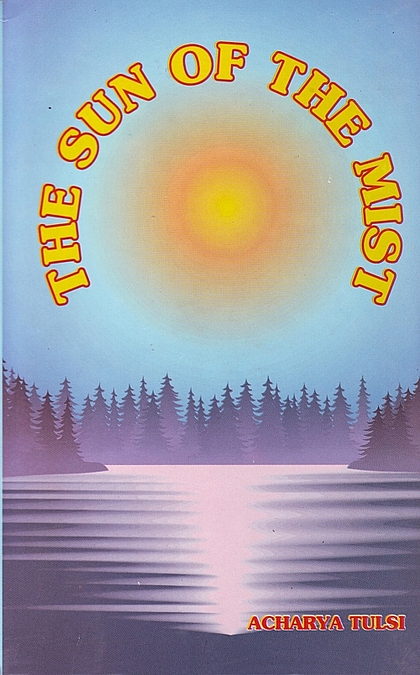"Find out the truth for yourself! “ Here is a dictum which inspires each individual to seek reality on his own. The power of truth is great. If one can perceive a fact as it is, if one intimately comes to know its true nature and lives it with zest, one would never be caught in the illusion of untruth. As long as one has not directly experienced the truth, untruth prevails. Living in untruth, being lost in the illusion of what is not takes a man farther away from truth. Truth alone liberates. That is why great emphasis is laid upon the importance of seeking the truth for oneself.
Countless people have sought the truth since the beginning of time. Rama, Krishna, Mahavira, Buddha, Mohammad, Christ—they were all earnest seekers of truth. Also with this search for truth are associated thousands of other names. One wonders if after all this earnest endeavour of great souls for centuries upon centuries, anything is left unknown which requires a new pilgrimage.
It is true that Rama, Krishna, Mahavir, Buddha and others sought the truth, found it and gave it to the people. But they never claimed any finality for the truth they found and preached. They knew that truth was vast, without beginning or end. They discovered the truth without ever having exhausted it whatever can be known is limited; the infinite can never be fully known. That is why these great men always inspired their followers to seek the truth for themselves, only laying down certain guidelines lines for them.
We are all out for seeking truth. The Path thereto is also indicated. And we try to tread that path, too. The only snag is that truth has many facets and at times it becomes difficult to determine what the ultimate truth is.
Videh Janak, the kind of Mithila, was fast asleep. He had a dream a night man. He dreamed that his subjects had risen in revolt and dethroned and exiled him. In his dream, the king found himself standing alone outside the frontiers of his own kingdom without any attendant. He stood immobile for some time, and then moved away listlessly without any destined aim. Later he lost his way and did not seem to know where he was. Beset with hunger and thirst, with lips all surfed, without any prospect of a meal, he found all his strength was gone and he could not walk. He stood in a daze, knowing not what to do.
In another sequence of his dream, he found himself standing before the country mansion of a wealthy businessman. Free meal was being distributed among the poor. Steaming khichri (a preparation of rice and pulse boiled together) in large vessels and a long queue of beggars. Being hungry, he, too, joined the queue. He stood patiently and watched the beggars before him receive their portion one by one. At last, it was his turn, but he had no begging bowl to receive the food. He looked around and found a broken piece of earthenware in which he received his portion. As he was about to settle down to eat, two bulls came charging against one another, and colliding against him sent his potsherd flying to the ground. All his Khichari was spoiled. He stood dazed and helpless before what seemed to be the most tragic incident of his life. Just then he woke up from a sleep. He rose with a long-drawn yawn and saw diffused in the atmosphere the redness of the morning sun. As he came out the palace, he found hosts of people hailing his appearance with shouts of joy. They were singing his praises.
The band was playing. His subjects stood waiting to present their gilt-offerings to the king. The king saw all this and remembered his dream. He grew thoughtful and wondered if he was awake or asleep. What was really true—this glory or that degradation?
Still lost in wonder at the nature of truth, the King reached his Court and was greeted by his ministers and courtiers. He asked them, "what is really true—this or that?" Nobody had an answer. At last there came the great seer, Ashtavakra. The King put the same question to him. The seer grew thoughtful for a moment and then said, "O King, this is true but that was also true. Both truths subsist in their particular contexts." The problem stood resolved.
All seekers after truth must come to realize the validity of this doctrine of relativity. Absolute truth turns out to be an untruth sometimes. Only those who can perceive everything in the context of the whole, attain the truth.
 Acharya Tulsi
Acharya Tulsi
